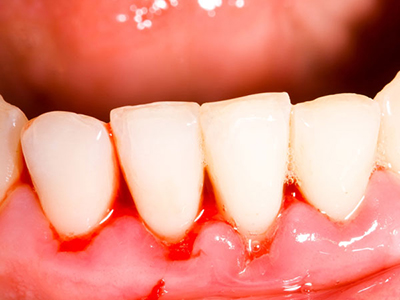
Source: vibrantsmilesga.com
Blood clotting is an important process which prevents excessive bleeding when a blood vessel is injured. Clots form when platelets (a type of blood cell) and proteins in your plasma(the liquid part of blood) work together to stop the bleeding by forming a solid mass over an injury. However, when blood clots form on the inside of vessels without an obvious injury or do not dissolve naturally, it can be dangerous as it can block the smooth flow of blood circulation in the body.
Antithrombotic medications including anticoagulants and antiplatelet medications are a type of medication that is used to eliminate or reduce the risk of blood clots. They are often called “blood thinners”, but these medications do not actually change the concentration of blood cells.
Dentists today see increased number of patients with chronic medical illnesses. Among these patients, some are taking “blood thinner” medications to maintain the consistency of their blood and prevent blood clotting. They are given to people with an increased tendency for thrombosis (blood clot formation) inside their blood vessels or to prevent the formation of further clots in those who had them before. A major concern in the management of dental patients taking “blood thinner” agent is the risk for excessive bleeding after invasive dental procedure.
Table1. Antithrombotic medications and their indications:

Sometimes , patients using blood thinner medications need major dental surgery or procedure like implantation or extractions. Therefore, the benefits and potential risks of stopping the blood thinner medications must be analyzed. The most important thing you should do is to inform your dentist if you are taking blood thinner medications before you are schedule for a dental procedure. Not only about anticoagulant medications, but you should also discuss with your dentist about every medication you are taking. The name and dosage of your medication will be noted in your records and your cardiologist/physician will be consulted if necessary, to determine what is best for you. Sometimes, you may need to stop taking the medication for a few days prior to the procedure and undergo a blood test. But DO NOT STOP TAKING medication without consulting your doctor first, as this may put you in danger of developing blood clots.The standard guidelines for having dental procedures while taking anticoagulant for each patient is different. However,blood thinner do not affect most dental procedures. For many common minimal invasive dental procedures such as cleanings, fillings or whitening, it is relatively safer for the patient to continue using their blood thinner medications than to stop or withhold the medication completely. Dental work should be scheduled early in the day so the patient could get plenty of time to rest and to allow a chance to control any bleeding that does occur.
Potentially invasive procedures associated with bleeding would include:
- Subgingival scaling (deep teeth cleaning)
- Periodontal (gum) surgery
- Local anaesthesia
- Tooth extractions (single and multiple)
- Minor oral surgery
- Dental implant placement
- Biopsies
- Endodontics (root canal treatment)
Dental care tips for people with blood thinner Mmedications:
- Use a toothbrush with very soft bristles and soft floss
- Brush and floss gently and do not apply too much pressure
- Wear a mouth guard if you participate in a contact sport
Dr. Marini Ismail is a dental officer currently working in Selangor.
References:
- http://www.nature.com/bdj/journal/v203/n7/full/bdj.2007.892.html#close
- http://www.rdhmag.com/content/dam/rdh/print-articles/Volume%2033/Issue%208/1307cei_Wahl_web.pdf
[This article belongs to The Malaysian Medical Gazette. Any republication (online or offline) without written permission from The Malaysian Medical Gazette is prohibited.]
